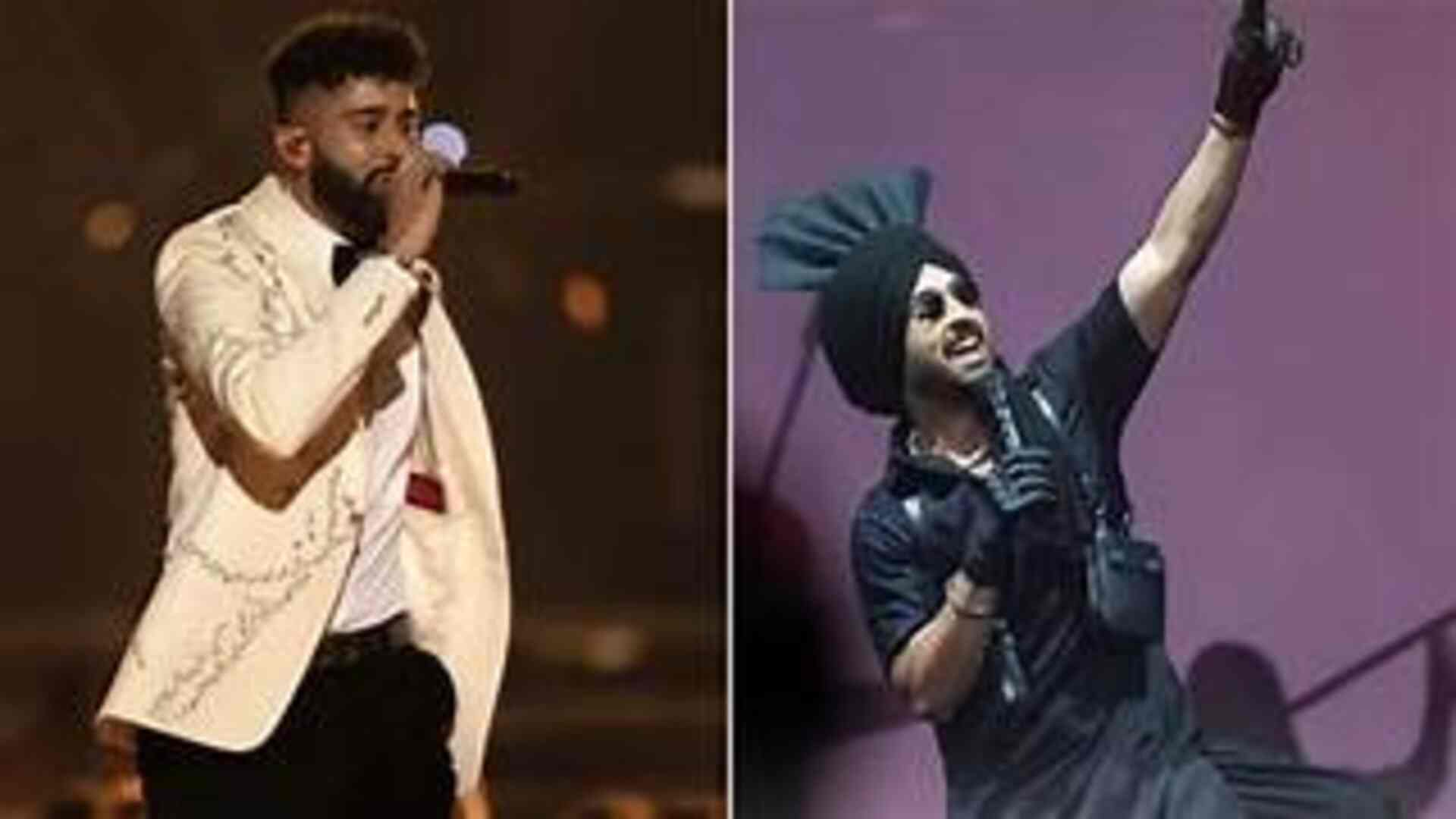The recent assault on former President Donald Trump has sent shockwaves through the United States and beyond, with many viewing it as an attack on the very foundations of democracy. While deeply troubling, this incident is far from unprecedented in the annals of political history.
Throughout the ages, violence against leaders has repeatedly jolted nations and reshaped global dynamics. From presidents to prime ministers, influential figures have fallen victim to deadly attacks, often with far-reaching ramifications that extend well beyond their personal tragedies.
These acts of aggression, perpetrated by individuals or groups with diverse motivations, have not only cut short prominent careers but also catalyzed seismic shifts in national and international affairs. By examining notable cases of political assassinations worldwide, we can gain insight into their profound impact on affected societies and the broader course of history.
The Murder of James A. Garfield
President James A. Garfield’s tenure was abruptly ended when Charles J. Guiteau, a disgruntled office-seeker, shot him on July 2, 1881. The shooting occurred at the Baltimore and Potomac railroad station in Washington, D.C. Garfield suffered for months before dying on September 19, 1881. Guiteau believed he deserved a government position due to his support during Garfield’s campaign. This assassination led to significant reforms in the U.S. civil service system, aiming to prevent such tragic outcomes in the future.
William McKinley’s Fatal Encounter
On September 6, 1901, President William McKinley was shot by Leon Czolgosz, an anarchist, during a public event at the Pan-American Exposition in Buffalo, New York. McKinley initially survived the attack but succumbed to gangrene from his wounds on September 14, 1901. Czolgosz’s actions were driven by his anarchist beliefs and disillusionment with the government. McKinley’s death led to the presidency of Theodore Roosevelt and significant shifts in U.S. domestic and foreign policies.
Franz Ferdinand and the Spark of World War I
The assassination of Archduke Franz Ferdinand of Austria-Hungary on June 28, 1914, by Gavrilo Princip, a Bosnian Serb nationalist, is widely recognized as the event that triggered World War I. Princip’s motivations were tied to the desire for Serbian independence from Austro-Hungarian rule. This assassination set off a chain reaction of alliances and conflicts, leading to one of the deadliest wars in history.
The Assassination of John F. Kennedy
President John F. Kennedy’s assassination on November 22, 1963, in Dallas, Texas, by Lee Harvey Oswald, is one of the most extensively scrutinized events in modern history. Kennedy’s death shocked the world and left the United States grappling with the loss of its charismatic leader. Oswald, a former U.S. Marine with Marxist leanings, was arrested but never stood trial, as he was killed by Jack Ruby shortly after his capture. The assassination remains shrouded in conspiracy theories and continues to be a subject of intense debate.
Anwar Sadat’s Assassination
Egyptian President Anwar Sadat was assassinated on October 6, 1981, by Islamist militants during a military parade in Cairo. Sadat’s signing of the Camp David Accords, which led to a peace treaty with Israel, angered many within the Arab world and Islamist factions. The militants, disguised as soldiers, opened fire on Sadat, killing him and several others. Sadat’s assassination had profound implications for Egypt’s domestic and foreign policies, leading to increased repression of Islamist groups.
Yitzhak Rabin: A Peace Process Interrupted
Israeli Prime Minister Yitzhak Rabin was assassinated on November 4, 1995, by Yigal Amir, a right-wing Jewish extremist opposed to the Oslo Accords. Rabin was shot at close range after a peace rally in Tel Aviv. His death dealt a significant blow to the Israeli-Palestinian peace process and highlighted the deep divisions within Israeli society over the issue of peace with the Palestinians. Amir’s actions were driven by his belief that Rabin’s policies endangered Israel’s security.
Rafic Hariri’s Assassination
Former Lebanese Prime Minister Rafic Hariri was killed on February 14, 2005, in a massive car bomb explosion in downtown Beirut. The assassination, which also claimed the lives of 21 others, was widely believed to be orchestrated by pro-Syrian elements. Hariri’s death triggered a wave of anti-Syrian protests, leading to the withdrawal of Syrian troops from Lebanon and significant political upheaval. The assassination underscored the volatile nature of Lebanese politics and the influence of external powers.
The Murder of Benazir Bhutto
Benazir Bhutto, Pakistan’s former Prime Minister, was assassinated on December 27, 2007, in Rawalpindi. A 15-year-old suicide bomber, identified as Bilal, attacked Bhutto’s convoy, killing her and several others. The assassination was attributed to the Pakistani Taliban, who opposed Bhutto’s pro-Western stance and political ambitions. Her death plunged Pakistan into turmoil, sparking widespread violence and political instability.
The Assassination of Jovenel Moïse
Haitian President Jovenel Moïse was assassinated on July 7, 2021, at his residence by a group of 26 Colombians and two Haitian Americans. The attack shocked the nation and highlighted the deep political and social instability in Haiti. The motives behind the assassination remain unclear, but the incident underscored the pervasive issues of corruption, violence, and external influence in Haitian politics.
Shinzo Abe:
Japan’s Loss
Former Japanese Prime Minister Shinzo Abe was assassinated on July 8, 2022, by Tetsuya Yamagami, who used a homemade gun. Yamagami cited personal grievances against a religious group he believed Abe was connected to. The assassination stunned Japan, a country with strict gun control laws and relatively low levels of political violence. Abe’s death marked a significant loss for Japan’s political landscape, given his influential role in shaping the country’s modern policies.
Imran Khan: Surviving an Attempt
In 2022, former Pakistani Prime Minister Imran Khan survived an assassination attempt while participating in a public event in Wazirabad. Khan, a prominent political figure and former cricket star, was shot at but managed to survive. This incident highlighted the ongoing threats faced by political leaders in Pakistan and the volatile nature of the country’s political environment.
Conclusion
The assassinations of presidents and prime ministers have left deep scars on their respective nations and the world. Each of these tragic events has been driven by various motives, from political ideologies and personal vendettas to broader social and political conflicts. These assassinations not only ended the lives of influential leaders but also significantly impacted the course of history, shaping the political and social landscapes of their countries. The analysis of these deadly attacks serves as a sobering reminder of the vulnerabilities and risks associated with political leadership and the enduring quest for stability and peace in a complex world.







